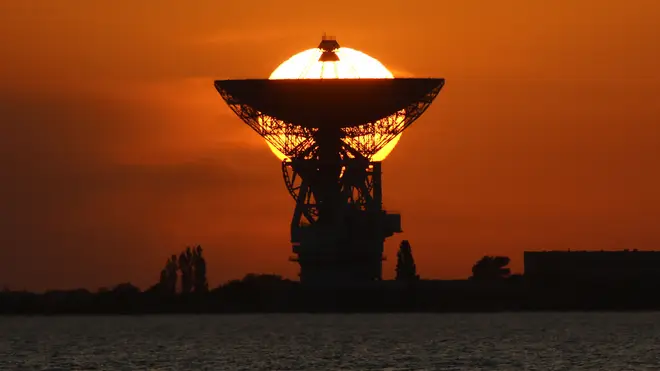
James O'Brien 10am - 1pm
16 June 2020, 08:53

More than 30 advanced alien civilisations are probably living in our galaxy according to a team of British scientists.
According to a study by the University of Nottingham, there should be “at least a few dozen” active alien worlds in the Milky Way if intelligent life forms elsewhere in a similar way as it does on Earth.
Astronomers based this on the assumption that Earth-like planets could support life but the researchers said the average distance to such civilisations is around 17,000 light-years meaning it would be impossible to contact them with current technology.
“I think it is extremely important and exciting because for the first time we really have an estimate for this number of active intelligent, communicating civilisations that we potentially could contact and find out there is other life in the universe – something that has been a question for thousands of years and is still not answered,” said Christopher Conselice, a professor of astrophysics at the University of Nottingham and a co-author of the research.
The scientific report in the Astrophysical Journal sets out how they refined the equation with new data and assumptions to come up with their estimates.
The research team said they decided to take a new approach to the issue, as calculating possible alien races in the past had been difficult.
"The classic method for estimating the number of intelligent civilisations relies on making guesses of values relating to life, whereby opinions vary quite substantially," the study's lead author Dr Tom Westby said.
"Our new study simplifies these assumptions using new data, giving us a solid estimate of the number of civilisations in our galaxy."
Christopher Conselice, professor of astrophysics, who led the research, said: "There should be at least a few dozen active civilisations in our galaxy under the assumption that it takes five billion years for intelligent life to form on other planets, as on Earth. The idea is looking at evolution, but on a cosmic scale."